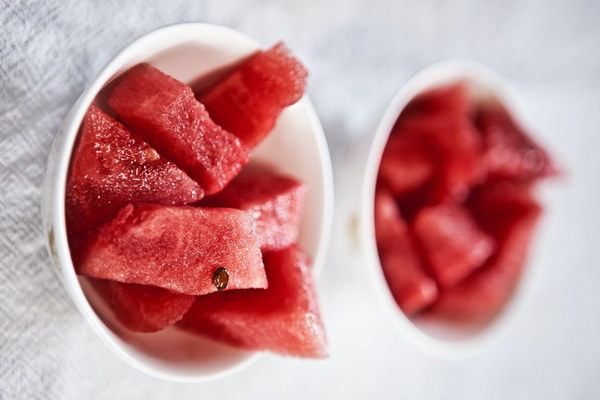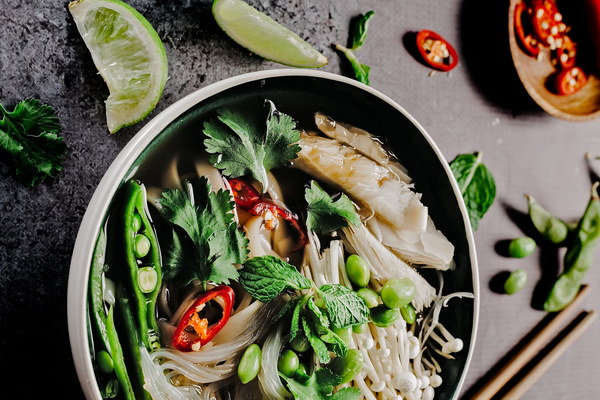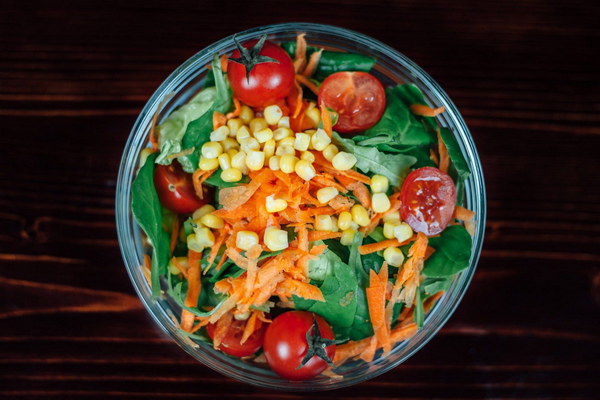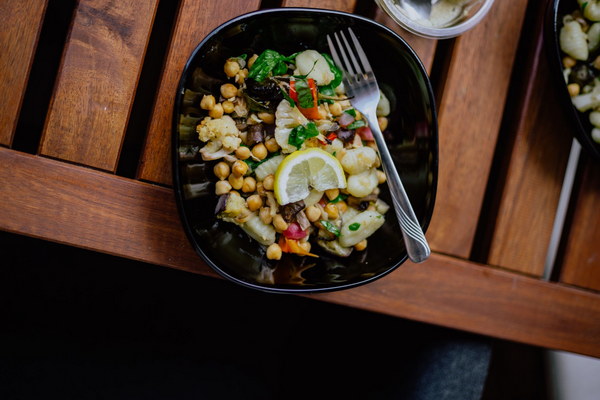Recovering from Hysterectomy Nutritional Support for a Speedy Recovery
Introduction:
A hysterectomy is a significant surgical procedure that can impact a woman's life in various ways. Whether it's a preventive measure or due to medical necessity, the aftermath of this surgery often calls for a period of recovery. One crucial aspect of healing is ensuring proper nutrition. In this article, we will explore the importance of nutritional support after a hysterectomy and provide tips on what to eat and avoid to aid in a swift recovery.
The Importance of Nutrition After Hysterectomy:
Nutrition plays a vital role in the healing process after a hysterectomy. Proper nutrition can help improve energy levels, support the immune system, reduce inflammation, and promote overall well-being. During the recovery period, it is essential to consume a balanced diet rich in essential nutrients to aid in the healing process and reduce the risk of complications.
1. Protein:
Protein is crucial for tissue repair and recovery. Consuming adequate protein can help the body heal faster and reduce the risk of infection. Good sources of protein include lean meats, fish, poultry, eggs, dairy products, legumes, nuts, and seeds. Aim to include a source of protein with each meal and snack.
2. Iron:
Iron is essential for the production of red blood cells and the prevention of anemia, which is common after surgery. Incorporate iron-rich foods such as lean red meat, poultry, fish, beans, lentils, tofu, and fortified cereals into your diet. To enhance iron absorption, pair these foods with vitamin C-rich fruits and vegetables.
3. Calcium and Vitamin D:
Calcium and vitamin D are vital for bone health, particularly after menopause. A hysterectomy often leads to a decrease in estrogen levels, which can increase the risk of osteoporosis. Consume calcium-rich foods like dairy products, leafy greens, and fortified plant-based milk alternatives. Vitamin D can be obtained through sunlight exposure, fatty fish, egg yolks, and fortified foods.
4. Fruits and Vegetables:
A diet rich in fruits and vegetables provides essential vitamins, minerals, and antioxidants. These nutrients help reduce inflammation, boost the immune system, and promote overall health. Aim for a variety of colorful produce, including leafy greens, berries, citrus fruits, and cruciferous vegetables.
5. Hydration:
Proper hydration is essential for the healing process. Drink plenty of fluids, such as water, herbal teas, and clear broths, to support kidney function and prevent dehydration. Aim for at least 8-10 glasses of fluid per day.
6. Fiber:
Fiber helps maintain bowel regularity and can aid in digestion, which is important after surgery. Include high-fiber foods such as whole grains, legumes, fruits, and vegetables in your diet. However, be cautious with fiber intake during the initial days of recovery to avoid straining the abdomen.
7. Foods to Avoid:
Certain foods can hinder the healing process and increase the risk of complications. Avoid or limit the following:
- High-fat and fried foods, which can delay healing and increase inflammation.

- Highly processed foods, which may lack essential nutrients and contribute to inflammation.
- Caffeine and alcohol, which can dehydrate the body and interfere with healing.
Conclusion:
Nutritional support is a critical component of the healing process after a hysterectomy. By focusing on a balanced diet rich in essential nutrients, you can aid in your recovery and reduce the risk of complications. Remember to consult with your healthcare provider or a registered dietitian for personalized dietary recommendations based on your specific needs and health conditions. With proper nutrition, you can support your body's healing journey and return to a healthy, active lifestyle.









